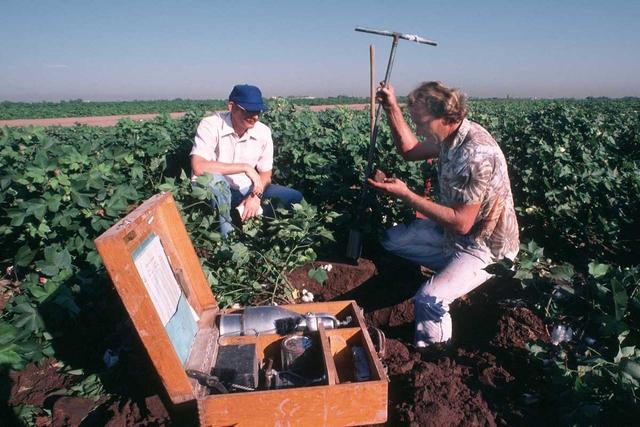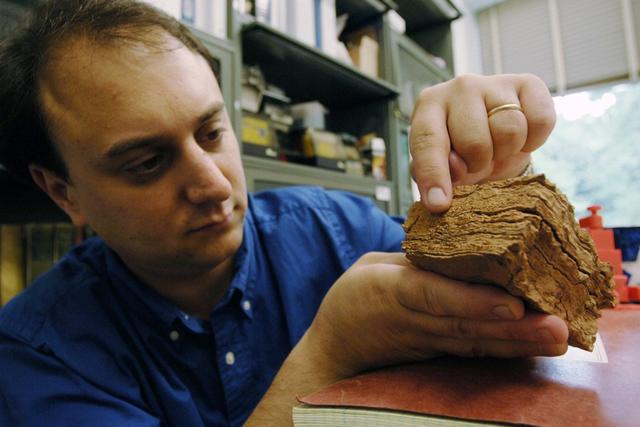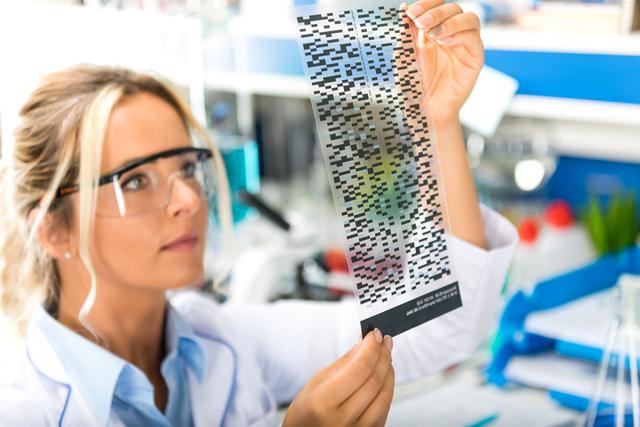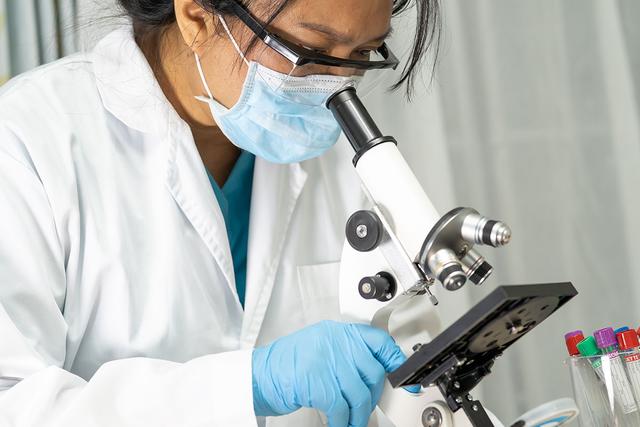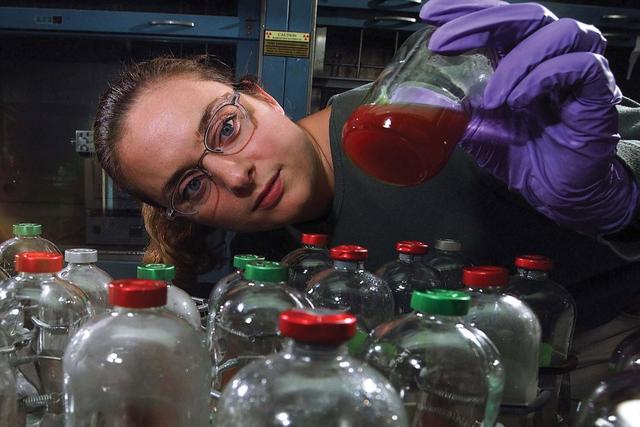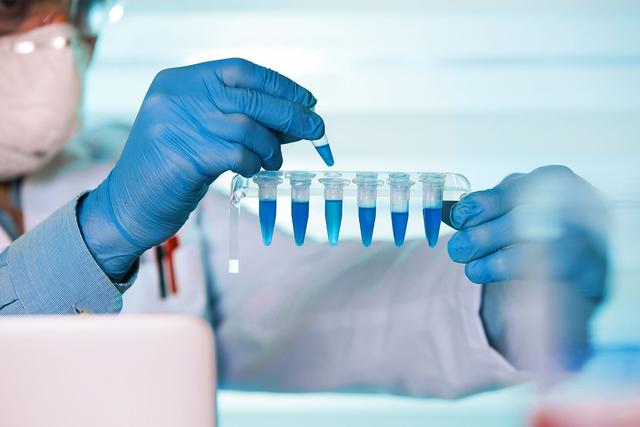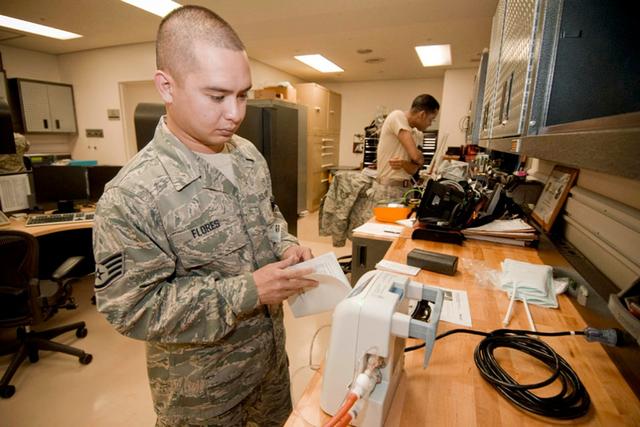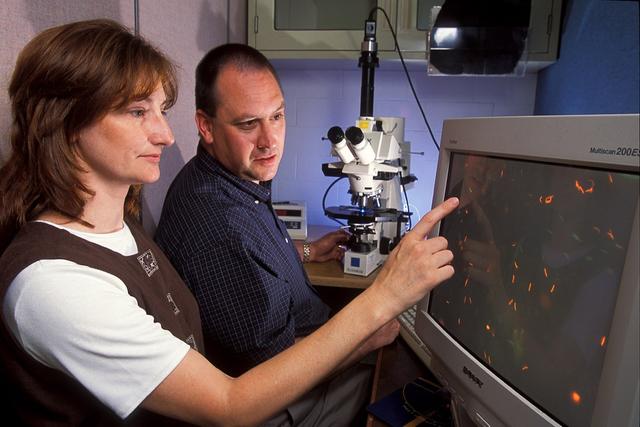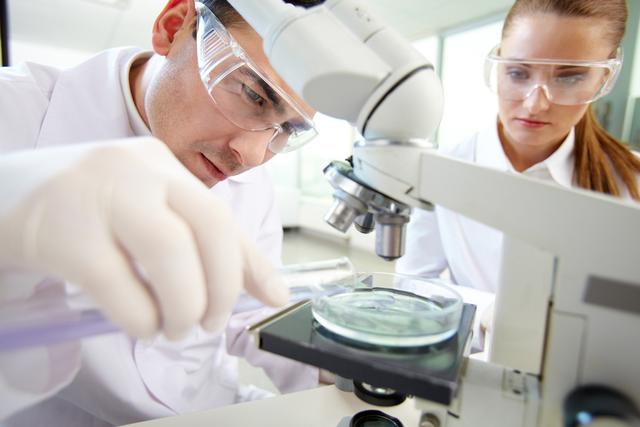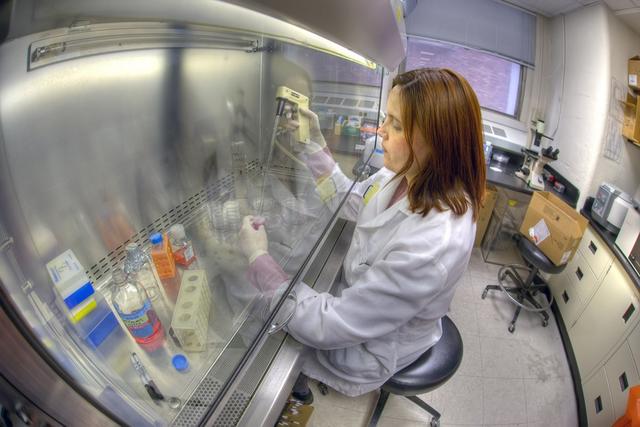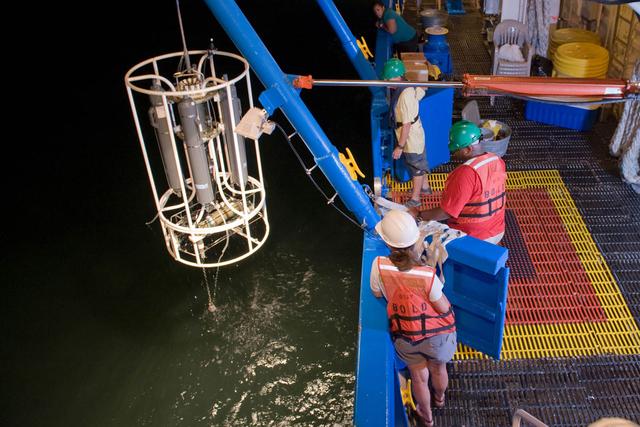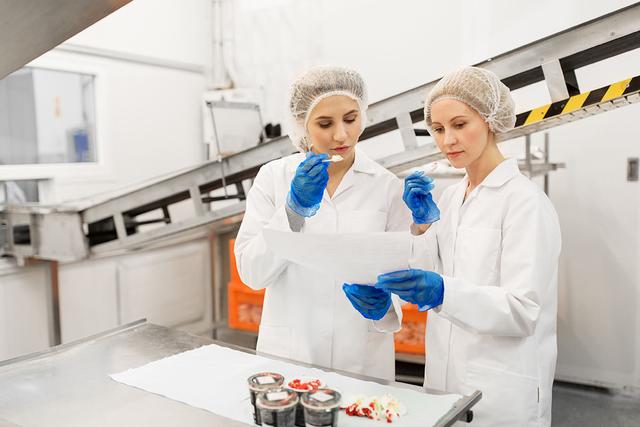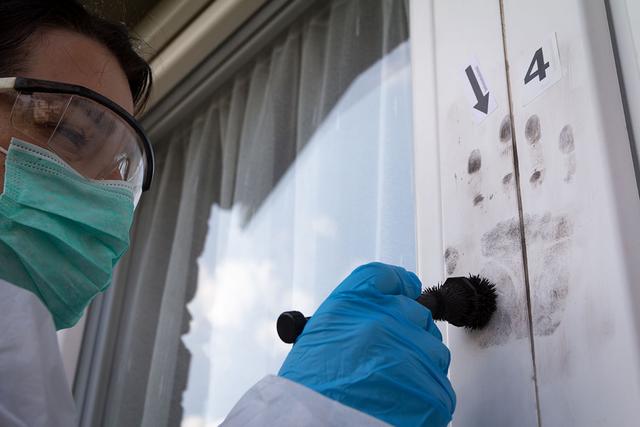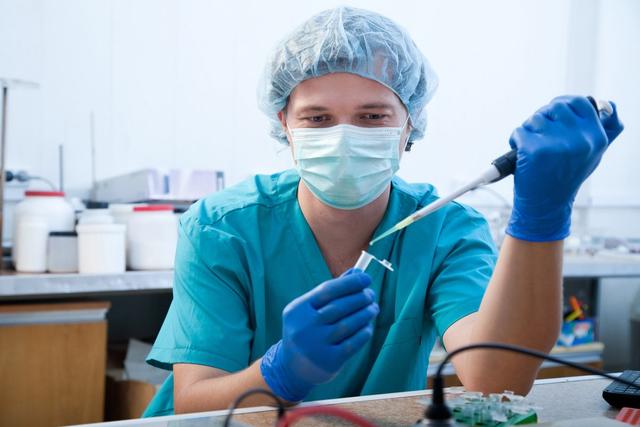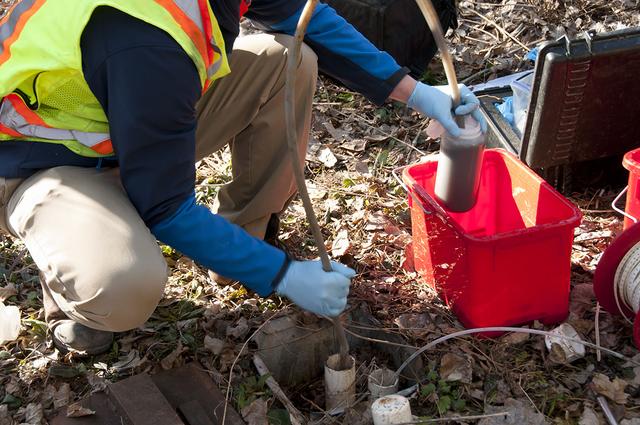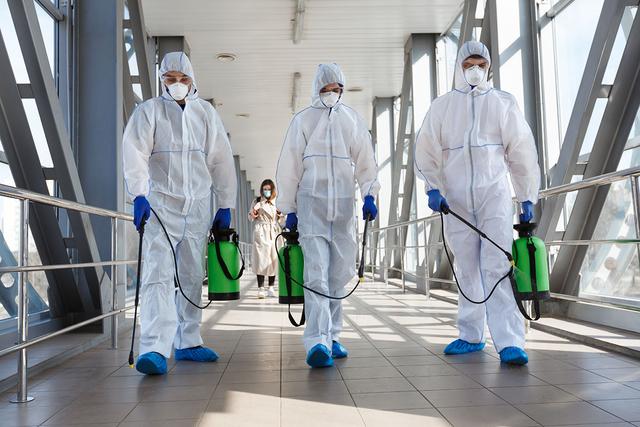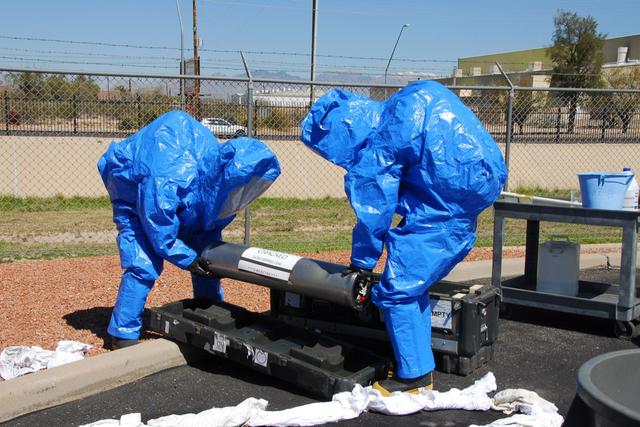Laboratory Technicians and Technologists
Overview

Introduction
Laboratory technicians and technologists perform experiments and procedures in biotechnology research. Technicians and technologists are differentiated by their level of education. Technicians typically have associate’s degrees, and technologists have bachelor’s degrees.
Quick Facts
Median Salary
Employment Prospects
Minimum Education Level
Experience
Skills
Personality Traits
Earnings
Clinical laboratory technologists and technicians earned a median annual salary of $60,780 in May 2023, according to the U.S. Department of Labor (DOL). Salaries ranged from $36,770 to $93,900 or more. The DOL reports that technologists and technicians earned mean annual salaries of $66,680 in general medical and surgical hospitals and $61,100 in medical and diagnostic laboratories.
Biol...
Work Environment
Laboratory technicians and technologists work in clean, well-lit, and usually air-conditioned settings. They often handle infectious materials, hazardous chemicals, and sometimes radioactive substances. In general, there are few hazards associated with these materials as long as proper methods of sterilization and handling of specimens, materials, and equipment are used. Some lab professionals ...
Outlook
The U.S. Department of Labor (DOL) predicts that employment for clinical laboratory technologists and technicians will grow by 5 percent, or about as fast as the average for all careers, through 2033. In the coming years, more technologists and technicians will be needed to operate and maintain the equipment that is used for diagnosing and treating a range of health conditions. The aging popula...
